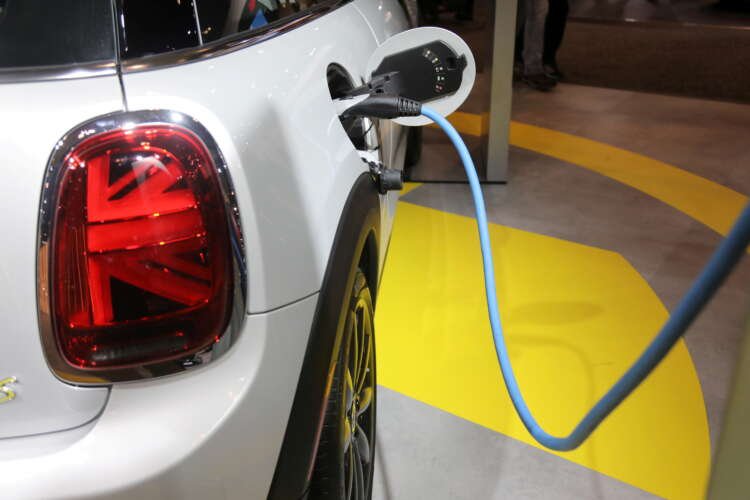Technology
Exclusive: Biden’s electric vehicle plan includes battery recycling push
Published by linker 5
Posted on June 4, 2021
1 min readLast updated: January 21, 2026

Published by linker 5
Posted on June 4, 2021
1 min readLast updated: January 21, 2026

Explore more articles in the Technology category











